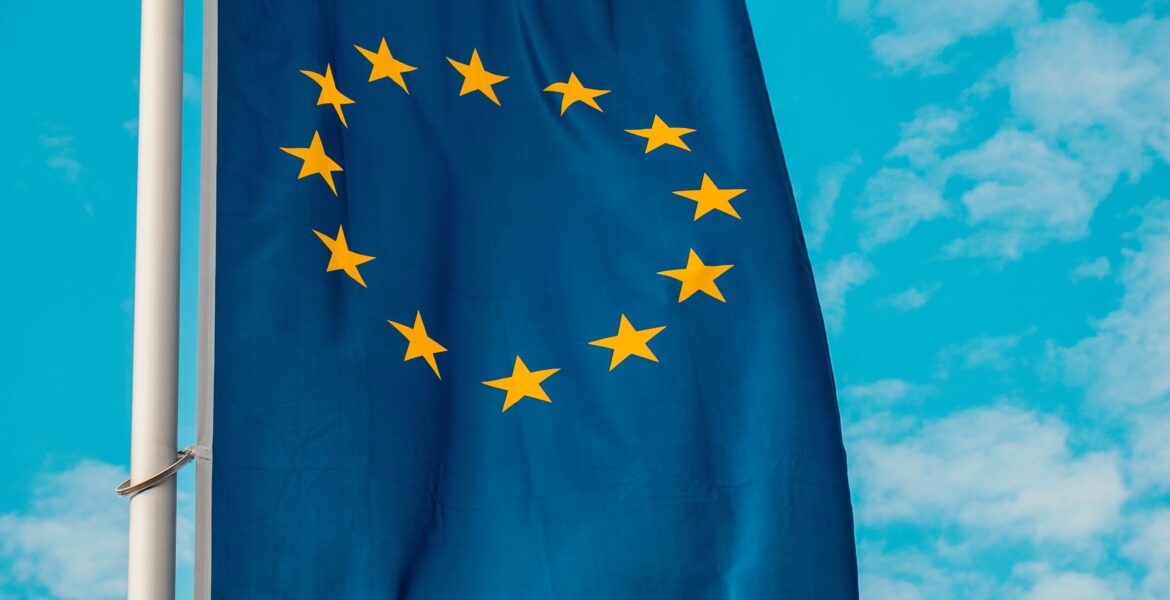Photo by Christian Wiediger on Unsplash
MEPs say “it is with great satisfaction” that the European Commission has recommended to start EU accession talks with Ukraine and Moldova.
This comes after the European Commission adopted the 2023 Enlargement Package.
It provides a detailed assessment of the state of play and the progress made by Albania, Bosnia and Herzegovina, Kosovo, Montenegro, North Macedonia, Serbia, Türkiye, and for the first time also Ukraine, the Republic of Moldova and Georgia on their respective paths towards accession to the European Union.
In particular, the report focuses on the progress in the implementation of fundamental reforms, as well as on providing clear guidance on the reform priorities ahead.
The EC says, “Accession is and will remain a merit-based process, fully dependent on the objective progress achieved by each country.”
On Wednesday, Rasa Juknevičienė, vice-Chair of the EPP Group in charge of Foreign Affairs, welcomed the move.
She said, “Without a doubt, Ukraine deserves this. It is not only fighting for itself but also for the safety and security of the whole of Europe. Together, we are much stronger. We will continue to do our utmost to help Ukraine fulfil the requirements as soon as possible”.
The EPP Group, she said, “has always encouraged and supported Ukraine’s right to choose its European path and alliances freely.”
“It has spearheaded the work towards the conclusion and implementation of the Association Agreement. It also initiated the calls to grant EU candidate status to Ukraine and to start accession negotiations as soon as possible this year,” she adds.
The EPP Group has now called for granting EU membership to Ukraine before the end of this decade, provided that Kyiv implements all necessary reforms. The Group also strongly supports Ukraine’s accession to NATO.
For Moldova, another centre right member Siegfried Mureşan said that starting accession negotiations was a “straightforward and welcome decision”.
Mureşan, Vice-Chair of the EPP Group and Chair of the EP Delegation for relations with Moldova, stressed that the first EU-Moldova Intergovernmental Negotiation Conference, where the parties will conduct the talks, must follow this decision as soon as possible.
“Our safety and stability within the European Union depends on how safe, stable, and better EU-integrated our neighbours are.”
“Hence, the European integration of the Republic of Moldova makes us all stronger and safer. It is important that the negotiations start early next year, before the European elections. It will help to set our first priorities, which in turn can be negotiated at a technical level in the second part of the year,” Mureşan insisted.




